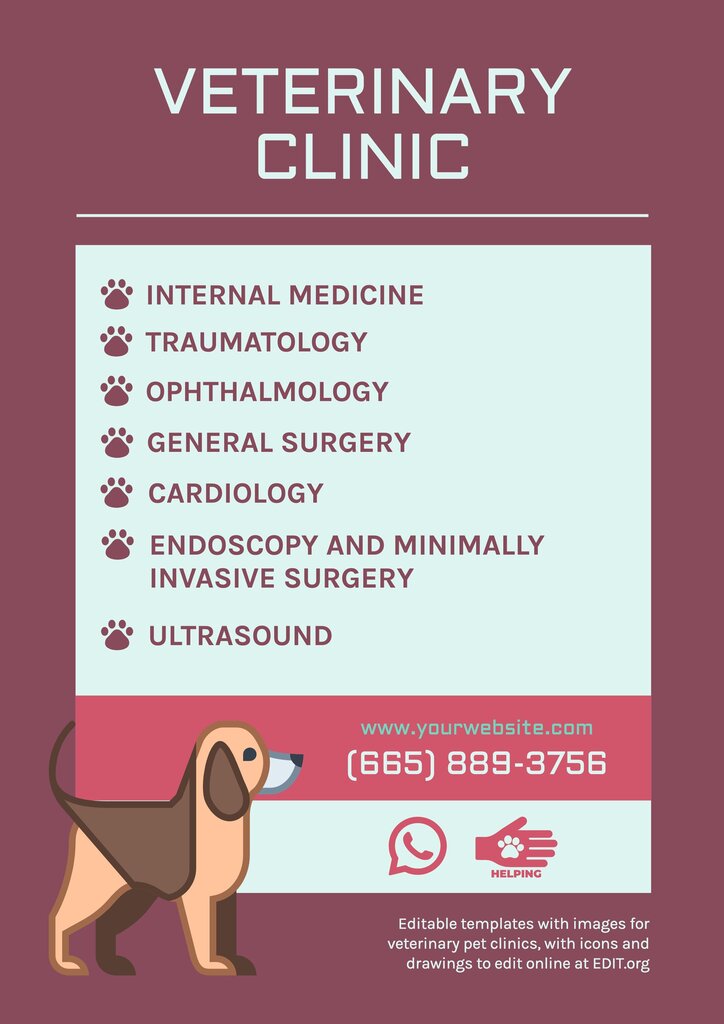Keeping your pets healthy, regular veterinary testing should not be overlooked. Animal health testing centers assist in diagnosing illnesses for domestic animals like dogs and cats.
Here, we’ll discuss the impact of routine pet exams and review common procedures.
What Are Veterinary Laboratories?
Labs focused on animal health perform diagnostic evaluations to guide treatment plans. These labs leverage cutting-edge tools to offer precise information.

Important aspects of veterinary labs include:
- Diagnosing conditions promptly: This helps vets act quickly.
- Monitoring ongoing conditions: Supports long-term health strategies.
- Confirming treatments are effective: Improves treatment accuracy.
Essential Pet Health Exams
Animal health labs conduct various tests to assess medical conditions. Standard procedures include:
- Blood workups: Assess organ function.
- Kidney function tests: Check for diabetes.
- Intestinal health exams: Check for dietary issues.
- Sensitivity screens: Diagnose environmental or food allergies.
- X-rays and ultrasounds: Examine bones and joints.
laboratório de análises clínicas veterinária preventivalaboratorio de exames veterinarios
Why Routine Exams Are Important for Pets
Routine lab work keeps your pets in optimal condition. Through preventative measures, vets can create effective treatment plans.

Why these tests matter include:
- Improved longevity: Proactively managing health helps pets maintain their vitality.
- Preventative savings: Avoiding invasive procedures saves on costly treatments.
- Peace of mind for pet owners: You’ll know they’re cared for.
Conclusion: The Value of Veterinary Labs for Pet Health
Pet diagnostic labs provide vital support to vets in supporting their health journey. With ongoing lab evaluations, you protect them from preventable illnesses.
Make their health a priority to keep your pets thriving!